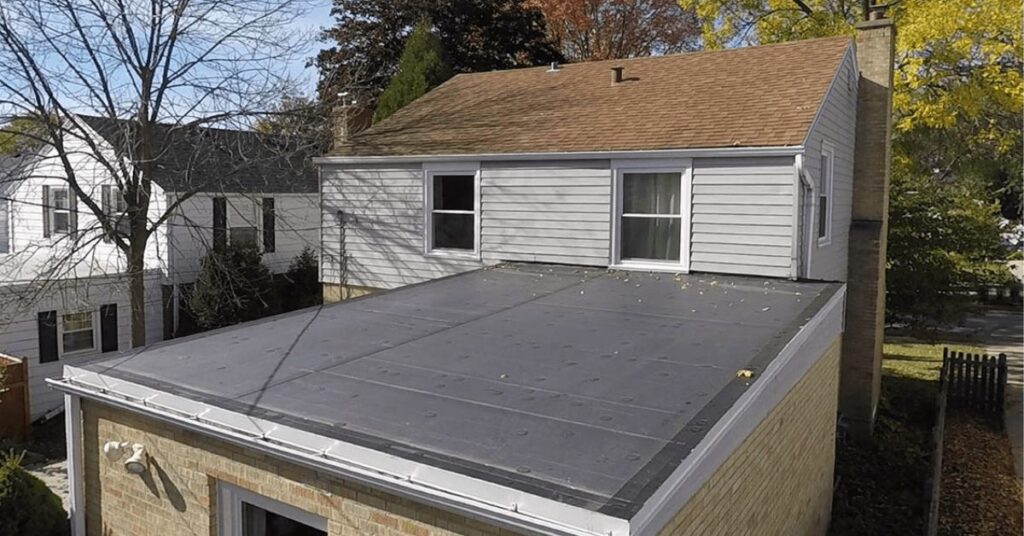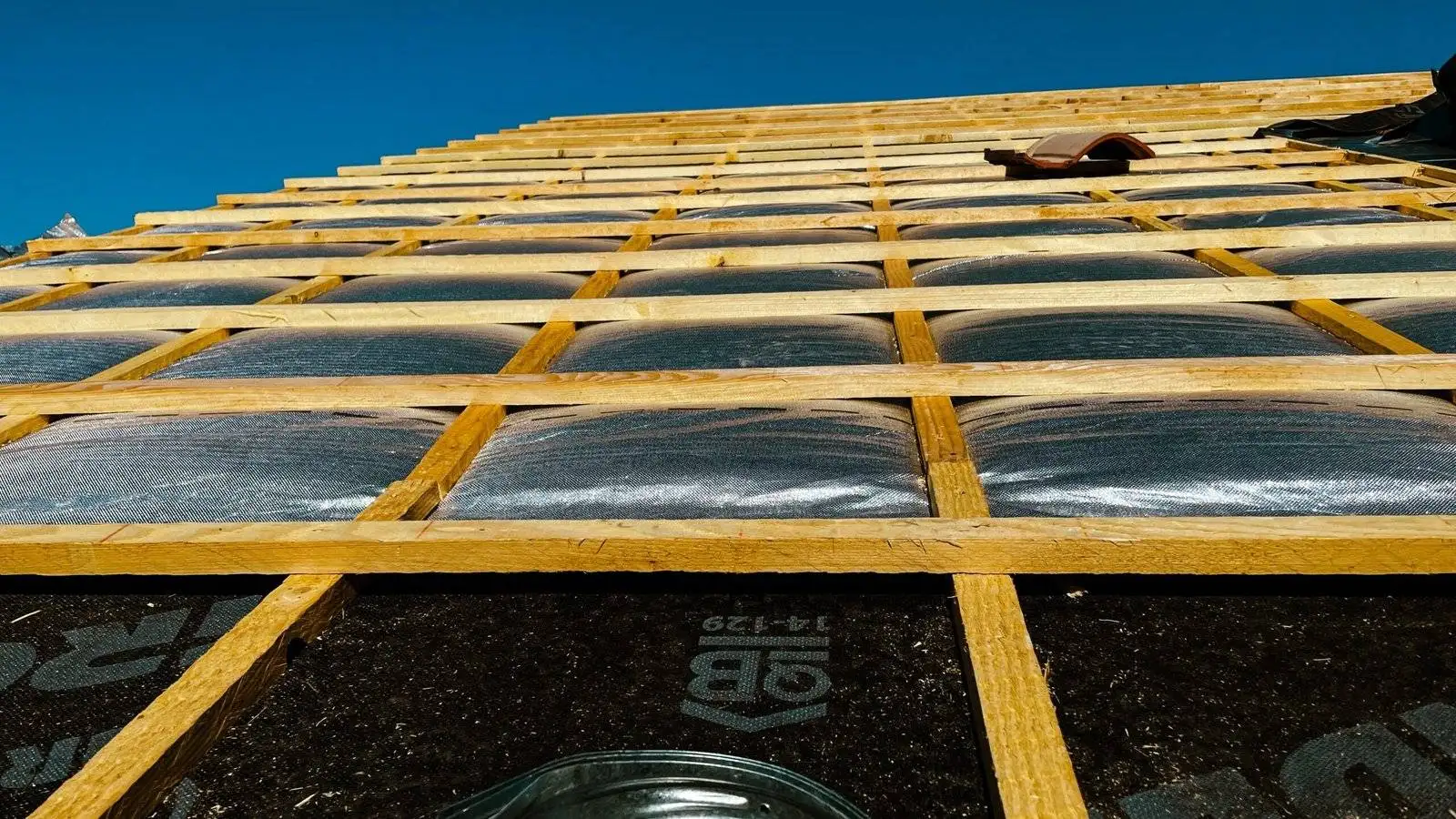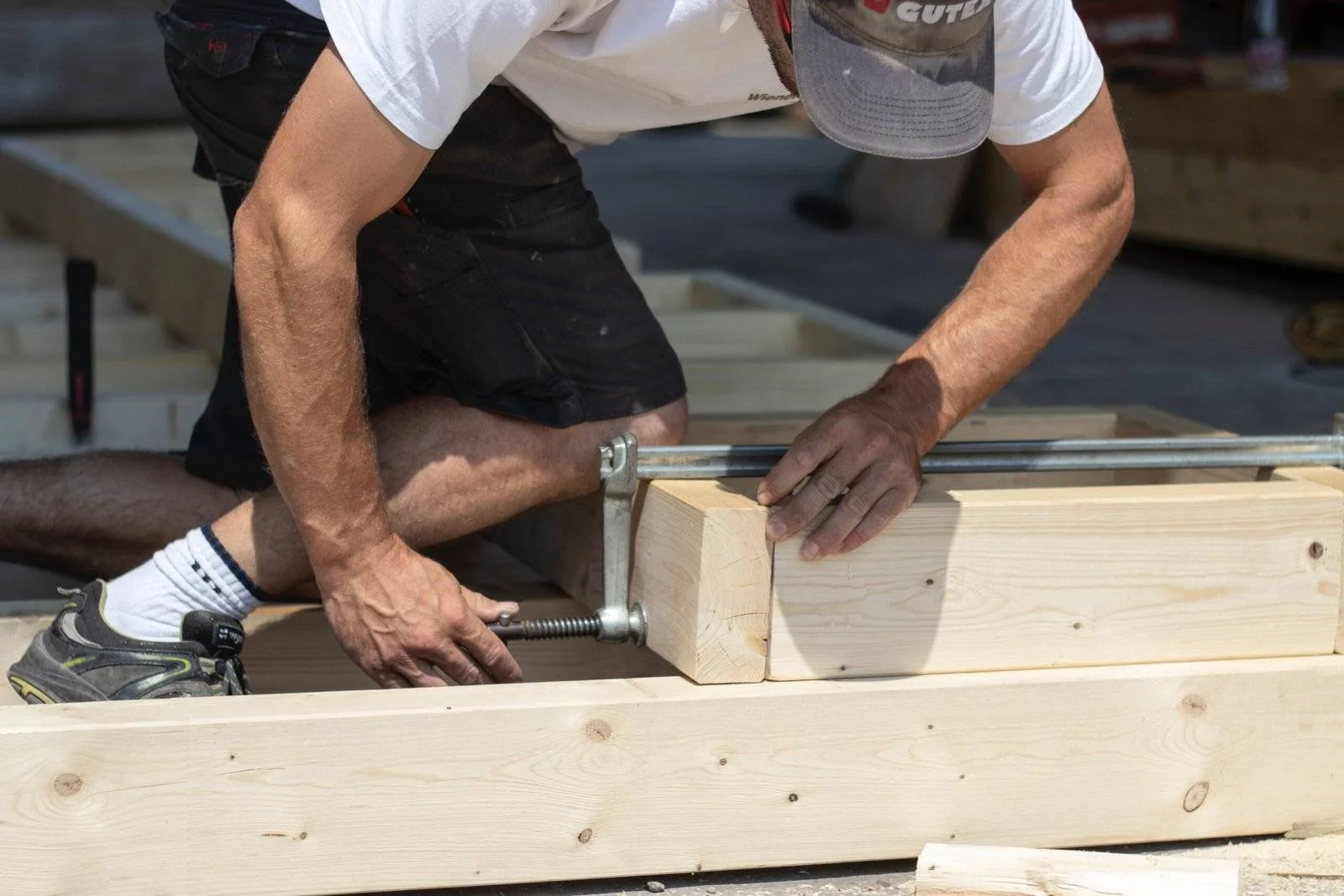When it comes to choosing the best material for a flat roof, several factors come into play, including durability, cost, ease of installation, and weather resistance. Flat roofs are popular for their modern aesthetic and space efficiency, but selecting the right material is crucial to ensure longevity and performance. In this blog post, we will explore what is the best material for flat roof and evaluate their pros and cons to help you make an informed decision.
1. EPDM Rubber Roofing
Ethylene Propylene Diene Monomer (EPDM) is a synthetic rubber roofing membrane that is widely used for flat roofs. It’s known for its durability and flexibility.
Pros:
- Durability: EPDM can last up to 50 years with proper maintenance.
- Weather Resistance: Excellent resistance to extreme temperatures, UV radiation, and ozone.
- Cost-Effective: Generally more affordable compared to other flat roofing materials.
- Ease of Installation: Lightweight and easy to install, making it a popular choice for DIY enthusiasts.
Cons:
- Aesthetic Appeal: Available primarily in black, which can absorb heat and may not be visually appealing.
- Seams: Requires careful installation to ensure seams are properly sealed to prevent leaks.
2. TPO Roofing
Thermoplastic Olefin (TPO) is a single-ply roofing membrane that combines the benefits of both EPDM and PVC roofing materials.
Pros:
- Energy Efficiency: Reflects sunlight, reducing cooling costs in warmer climates.
- Durability: Resistant to punctures, tears, and chemical exposure.
- Flexibility: Can be installed in various climates and adjusts well to temperature changes.
- Environmentally Friendly: Recyclable and less harmful to the environment.
Cons:
- Longevity: Slightly shorter lifespan compared to EPDM, typically around 20-30 years.
- Installation Complexity: Requires professional installation to ensure proper adhesion and seam sealing.
3. PVC Roofing
Polyvinyl Chloride (PVC) roofing is another single-ply membrane known for its strength and long-lasting performance.
Pros:
- Durability: Highly resistant to chemicals, fire, and punctures.
- Energy Efficiency: Reflective surface reduces energy costs by keeping the building cooler.
- Longevity: Can last up to 30 years or more with proper maintenance.
- Low Maintenance: Requires minimal upkeep compared to other materials.
Cons:
- Cost: More expensive than EPDM and TPO.
- Environmental Impact: Production involves the use of chlorine, which raises environmental concerns.
4. Modified Bitumen
Modified Bitumen (MB) is an asphalt-based roofing system that incorporates modifiers to enhance its performance and flexibility.
Pros:
- Durability: Resistant to heavy foot traffic and extreme weather conditions.
- Ease of Repair: Easy to repair small punctures or tears.
- Cost: Relatively affordable compared to PVC and TPO.
- Multiple Layers: Typically installed in layers, providing extra protection against leaks.
Cons:
- Installation: Requires professional installation and can be labor-intensive.
- UV Degradation: Susceptible to UV damage if not properly coated or maintained.
5. Built-Up Roofing (BUR)
Built-Up Roofing (BUR) consists of multiple layers of bitumen and reinforcing fabrics, creating a highly durable roofing system.
Pros:
- Longevity: Can last up to 40 years with proper maintenance.
- Durability: Excellent resistance to heavy foot traffic and weather conditions.
- Waterproof: Multiple layers provide superior waterproofing.
- Fire Resistant: Offers good fire resistance compared to other materials.
Cons:
- Cost: More expensive due to labor-intensive installation.
- Weight: Heavier than other roofing options, requiring a strong structural support system.
- Installation Time: Takes longer to install due to multiple layers.
Read More: Is Roofing Paper Waterproof?
Conclusion
Choosing the best material for your flat roof depends on your specific needs, budget, and environmental conditions. EPDM is a cost-effective and durable option for those looking for an easy installation. TPO offers energy efficiency and environmental benefits, while PVC provides excellent durability and low maintenance. Modified Bitumen is a good balance of cost and durability, and BUR is ideal for those seeking long-lasting, waterproof protection.


